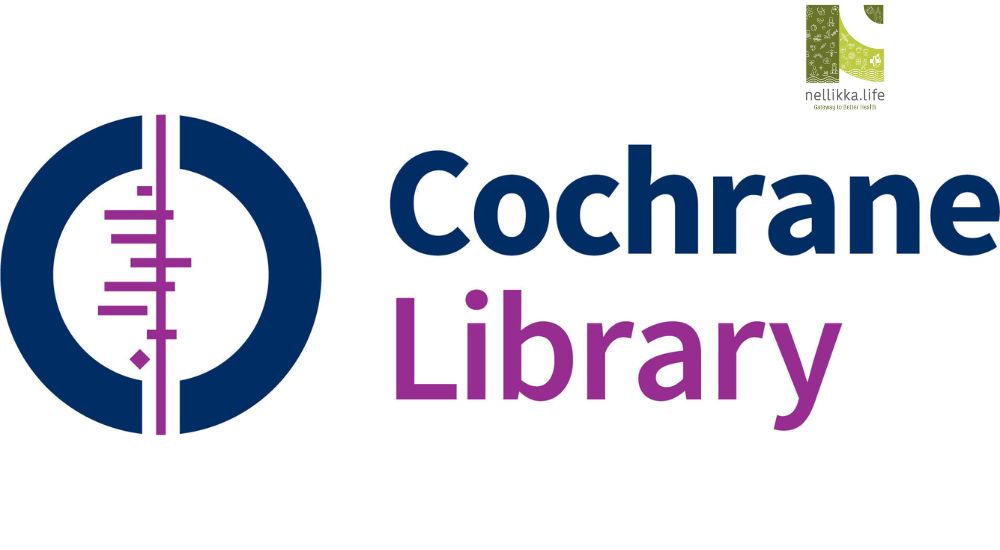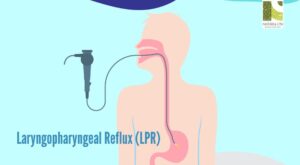Cochrane: The Gold Standard of Medical Evidence and Why It Matters to You

When it comes to health and wellness, making informed decisions isn’t just helpful — it’s essential. But how do you know which treatments work, which diets are science-backed, and which health advice is trustworthy?
Enter Cochrane.
What is Cochrane?
Cochrane is a global, independent network of researchers, professionals, patients, carers, and people interested in health. Their mission is to gather and summarize the best available evidence from research to help individuals and healthcare professionals make well-informed decisions.
Founded in 1993 and named after British epidemiologist Archie Cochrane, this organization is now a global authority on systematic reviews in medicine — a method of collecting and analyzing all existing evidence on a given topic to determine what works and what doesn’t.
What is a Cochrane Review?
A Cochrane Review is a thorough, high-quality, and unbiased summary of research on a particular health question. For example:
- Does intermittent fasting help reduce weight in obese adults?
- Is paracetamol effective in managing migraine pain?
- Do probiotics help reduce antibiotic-associated diarrhea?
Cochrane reviews look at all relevant clinical trials on a topic, filter out low-quality studies, and present a balanced, transparent summary — often updated regularly as new studies are published.
Reference:
Cochrane Database of Systematic Reviews
Why is Cochrane Important for Public Health?
- Unbiased Evidence
Cochrane has no commercial or political interests. This ensures the evidence is independent and not swayed by pharmaceutical companies or industry sponsors. - Global Collaboration
With over 37,000 contributors from more than 130 countries, Cochrane ensures broad perspectives in evaluating global health issues. - Trusted by Governments & Institutions
Cochrane evidence is used by the World Health Organization (WHO), the NHS (UK), CDC (USA), and ministries of health around the world to shape guidelines and policies. - Empowering Patients
Patients can use Cochrane summaries to understand their treatment options, ask the right questions to doctors, and avoid misinformation found on social media.
💡 How Can You Use Cochrane in Your Life?
- Before taking a supplement: Check if Cochrane has reviewed its effectiveness and safety.
- When choosing a treatment: Know if there’s scientific consensus supporting it.
- While reading a viral health tip online: Use Cochrane to verify if it’s based on real evidence.
Example:
You hear that turmeric helps with arthritis. You can search Cochrane’s site and find their review on turmeric and joint pain, helping you understand whether it’s truly effective or just anecdotal.
Where to Find Cochrane Reviews?
- Cochrane Library – Free summaries and full reviews
Real-World Impact of Cochrane
- COVID-19 Treatments: During the pandemic, Cochrane reviews helped filter the noise and misinformation around hydroxychloroquine, ivermectin, and other treatments.
- Vaccination: Cochrane reviews helped debunk myths and confirm the safety and efficacy of childhood vaccines, influencing global immunization programs.
- Mental Health: Reviews have helped assess the value of various therapies for depression, anxiety, and sleep disorders.
The Takeaway
In an age of information overload, Cochrane is your filter for truth. Whether you’re a doctor, a policymaker, or simply someone trying to make better lifestyle choices, Cochrane gives you evidence you can trust.
So the next time you wonder, “Is this really good for my health?” — let Cochrane help you decide.





